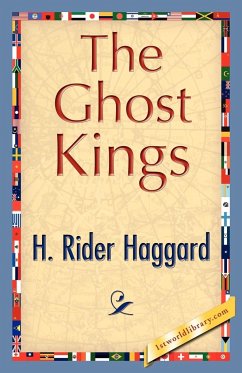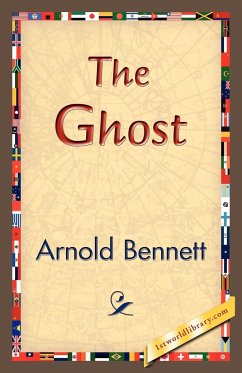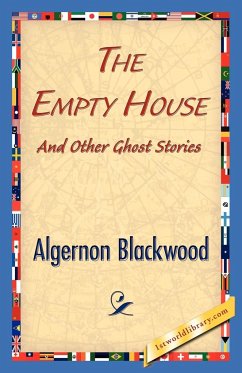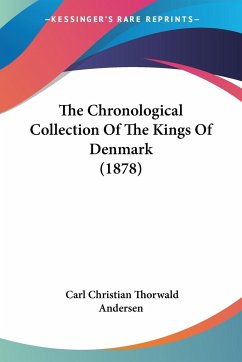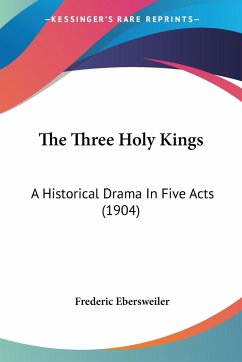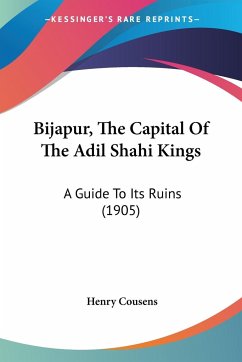The Zulus about here have a strange story of a white girl who in Dingaan's day was supposed to 'hold the spirit' of some legendary goddess of theirs who is also white. This girl, they say, was very beautiful and brave, and had great power in the land before the battle of the Blood River, which they fought with the emigrant Boers. Her title was Lady of the Zulus, or more shortly, Zoola, which means Heaven. She seems to have been the daughter of a wandering, pioneer missionary, but the king, I mean Dingaan, murdered her parents, of whom he was jealous, after which she went mad and cursed the nation, and it is to this curse that they still attribute the death of Dingaan, and their defeats and other misfortunes of that time.
Hinweis: Dieser Artikel kann nur an eine deutsche Lieferadresse ausgeliefert werden.
Hinweis: Dieser Artikel kann nur an eine deutsche Lieferadresse ausgeliefert werden.

